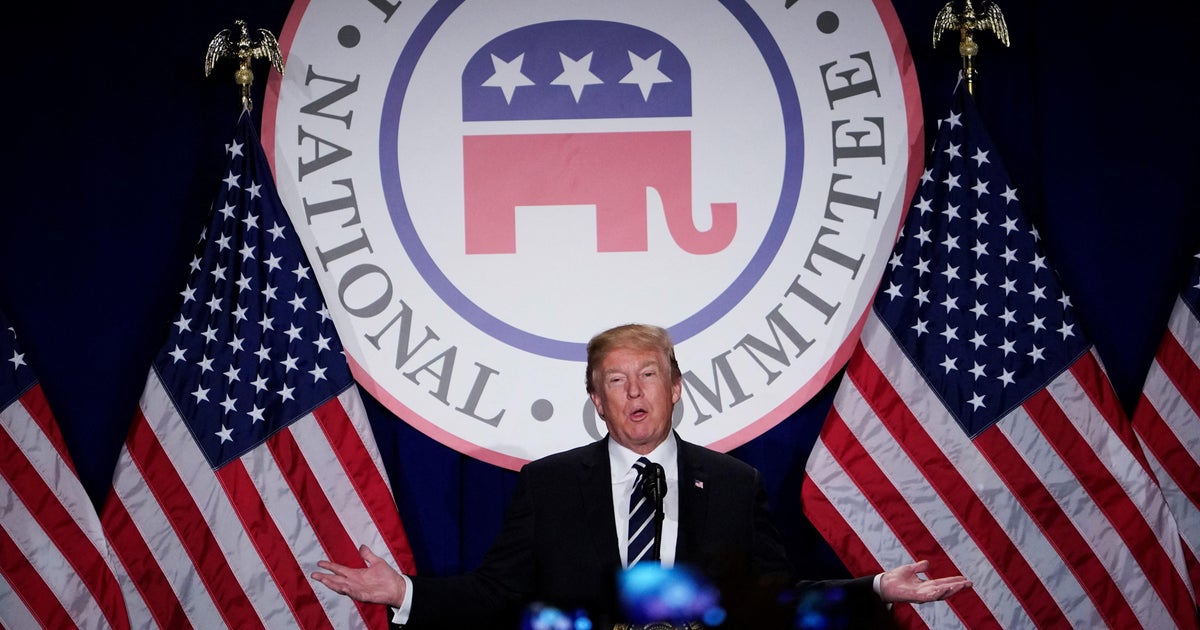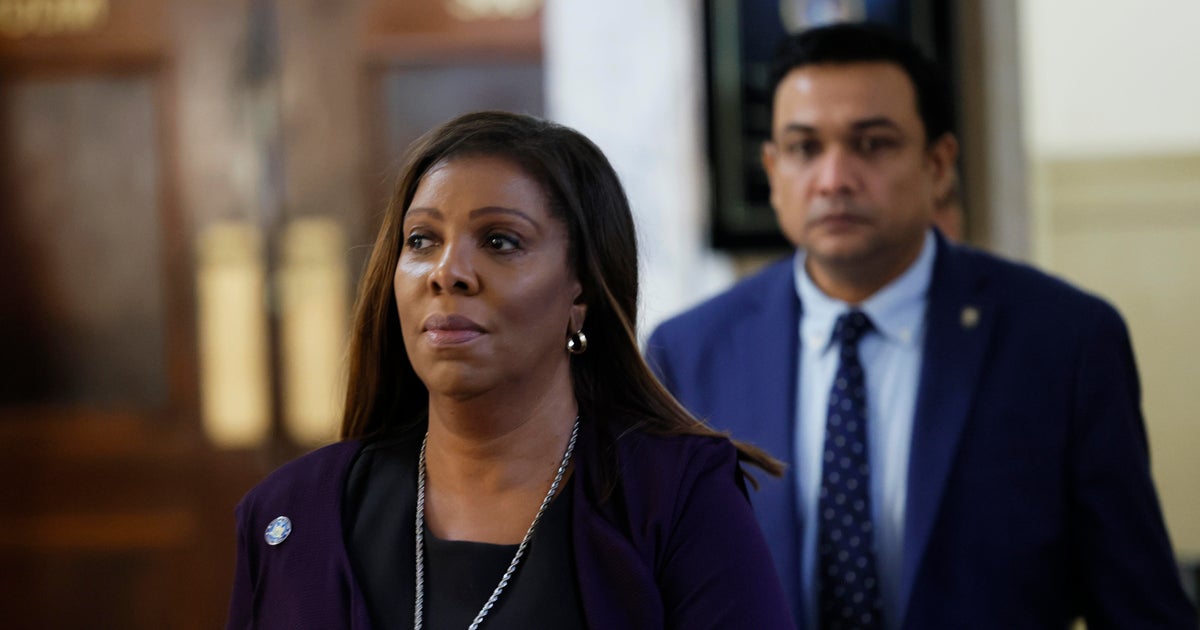Which 2020 candidates think incarcerated felons should be able to vote?
Should felons be allowed to vote while they're still incarcerated? Some jurisdictions, including the District of Columbia, are considering it, while the 2020 Democratic presidential candidates remain divided on the issue.
A spokesperson for 2020 contender Beto O'Rourke, a former Texas congressman, told CBS News that O'Rourke believes the country should "rethink" granting the right to vote "for at least some non-violent offenders" currently serving sentences, a position he has previously articulated.
At an April forum in Texas, O'Rourke noted that the U.S. prison population "disproportionately" contains people of color who are behind bars for nonviolent drug offenses. He said he supported restoring voting rights to "nonviolent offenders" but voiced concerns with permitting "violent criminals" the right to vote. Violent offenders, he said, must face "a consequence in civil life."
Among the other 2020 contenders, Sen. Bernie Sanders remains one of the most vocal proponents of felon enfranchisement — even for those convicted of violent crimes.
"If you commit a terrible crime, you're going to pay the price, but that does not mean that your right to participate in our democracy is taken away from you," Sanders said at an April rally in Fort Worth, Texas.
Other candidates have not gone as far to endorse restoring voting rights for incarcerated felons. Candidates like Sen. Elizabeth Warren and South Bend Mayor Pete Buttigieg have said that the right to the vote should be restored after Americans are released from prison. But neither candidate has openly endorsed allowing those currently serving time to vote.
"Right now, I think the fight should be over felony re-enfranchisement," Warren said at an April forum in Iowa. "Once someone pays their debt to society, they're out there expected to pay taxes, they're expected to abide by the law, they're expected to support themselves and their families."
"While they're incarcerated, I think it's a different question and I think that's something we can have more conversation about," she added.
California Sen. Kamala Harris, a former prosecutor, echoed those remarks, saying that she'll talk to experts and think further about the "complex" issue before weighing in.
In an interview Thursday with BET, Sen. Cory Booker said that he believed that people in prison for "serious felonies" should "surrender their right to vote." This doesn't extend to all prisoners, though. In May, Booker told Huffpost that those serving time for nonviolent drug offenses should be allowed to vote while they're in prison. Booker doesn't believe these offenders should be in prison "in the first place," he said on BET.
Candidates are weighing in just as state and local legislators are considering their own positions on the polarizing issue.
The Council of the District of Columbia's pushed forward last week on a bill that would grant voting rights to incarcerated felons. If it passes, it could impact thousands of District residents in federal prisons across the country.
If passed, the Restore the Vote Amendment Act of 2019 would make the District one of three places in the U.S. to allow incarcerated individuals to vote. Vermont and Maine already permit voting by people behind bars.
All thirteen District council members co-introduced the bill Tuesday. After the bill's introduction, the council referred the legislation to the District Judiciary Committee, which must approve the bill before it can be voted on by the entire council.
Councilmember Robert C. White Jr. said in an interview with CBS News that he decided to introduce the bill after he spent time researching the reentry of inmates into daily life. He said felon disenfranchisement quickly emerged as an issue that should be addressed.
White argues that all citizens, including those who are incarcerated, should be allowed the right to vote.
"The laws that we pass impacts them while they're incarcerated. They impact them after they're incarcerated," White said. "We have to ensure that citizens of this country who are eligible to vote have the opportunity to do so."
The District of Columbia and 14 other states – including Illinois, Maryland, and Massachusetts – currently revoke felons' voting rights while incarcerated but restore them once an individual has served his or her time.
The new proposal, if passed, would amend the District of Columbia Election Code of 1955, opening the door for those currently in prison to cast their ballot.
Councilmember Mary M. Cheh – a member of the District Judiciary Committee – wrote in an email Friday that the bill is the "beginning of a conversation." She also called the proposal a "positive step" forward in reforming the justice system.
"I think the bill is a positive step in itself but also as part of a dismantling of a criminal justice approach that is too harsh, too retributive, and that forsakes redemption and rehabilitation," Cheh wrote.
Florida's legislature made headlines in November for passing a constitutional amendment which enfranchised convicted ex-felons. But state Republicans recently imposed new limits – such as court fees – that might prevent some Floridians with previous felony convictions from voting.
White said Friday that he hopes the Council will pass the DC bill into law within six to nine months. The legislation, however, would not go into effect until after November 2020, he said. White noted that national conversation around this issue helped him research the proposal "with an eye toward people's concerns."
Myra Pérez, an expert on voting rights with NYU's Brennan Center for Justice, said in an interview with CBS News that progress on felon enfranchisement over the past two decades can probably be chalked up to a basic belief in "second chances," which she said was shared by "Americans of all political stripes."
"The idea of you being forever punished for something that you did, even after the criminal justice system has said that you have completed those requirements strikes people as wrong," Pérez said. "It strikes people as unforgiving. It strikes people as out of step with where this country should be."
Tim Perry and Zak Hudak contributed to this report.



